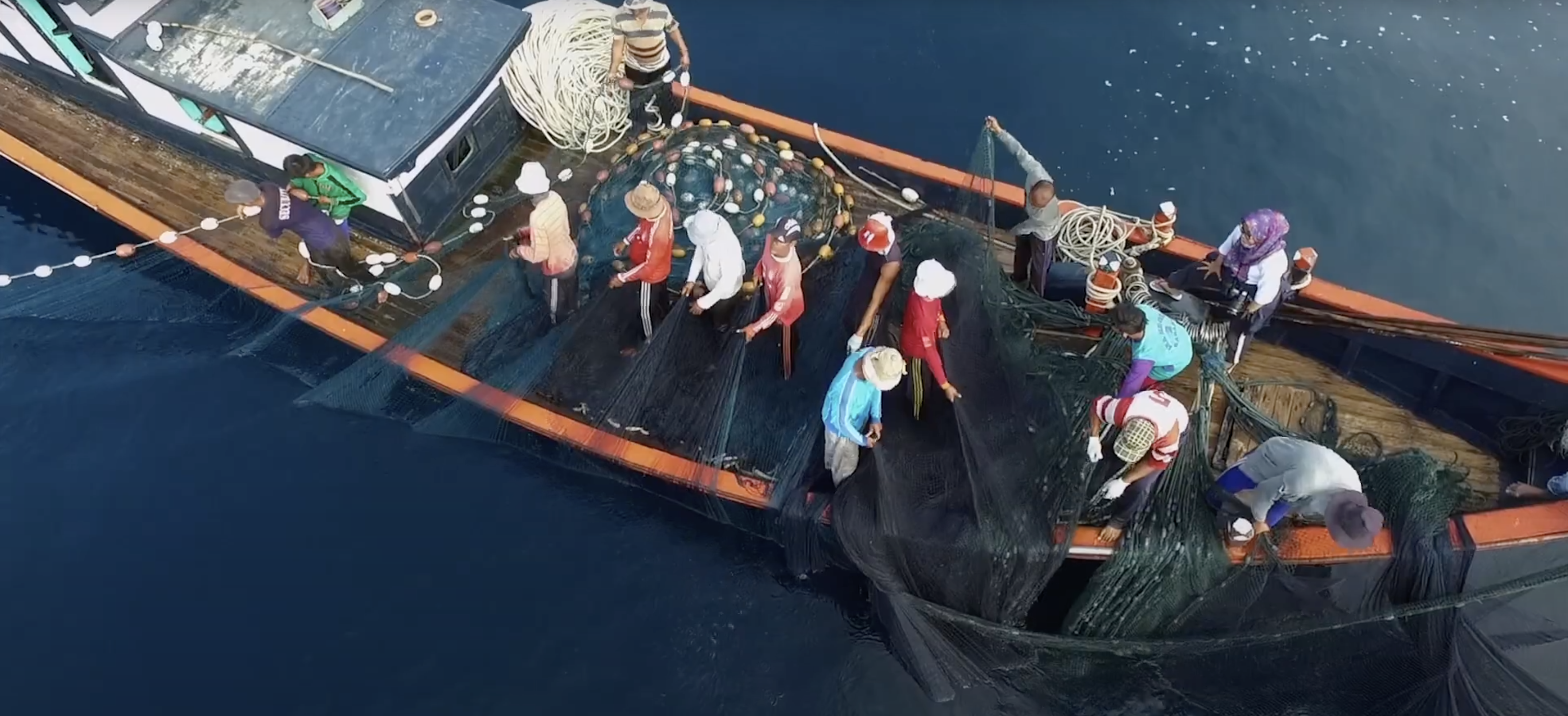
If you live in a small community where fishing is your primary source of income and nutrition, it’s tough to hear you might have to slow, stop or change your activities to more sustainably manage your fish stocks.
Sustainable fishing is even more difficult when the recovery takes a significant amount of time and this restraint puts you at a seeming economic disadvantage. Such limitations and uncertainty are enough that would-be sustainable fishers may slip back into unsustainable practices.
“I think it is always hard to convince people to do things differently than they have in the past, especially when it might incur some short-term cost,” said Gavin McDonald, a researcher at UC Santa Barbara’s Environmental Market Solutions Lab (emLab). “It is certainly hard for a fisher when they can no longer fish in a certain area, or when they can no longer use a particular gear type.”
And yet widespread changes to fishing practices are necessary if the ocean is to remain a viable source of food and income for coastal communities. For some it may mean fishing less aggressively to allow stocks to replenish; for others it may mean using different gear to avoid unnecessary bycatch and damaging valuable habitat. Still others might need to adhere to new reporting requirements to track the amount of fish being extracted from their waters. These new behaviors challenge the standard practices and even the social norms of small fishing communities. So how can the necessary changes be encouraged, even in the face of the initial drawbacks?
This was the question that McDonald, fellow Bren School and emLab researchers Molly Wilson, Michaela Clemence and Steve Gaines, and collaborators from other partner institutions sought to answer. And, in a paper published in Conservation Biology, they’ve found an effective strategy to help fill the gap: social marketing.
Not to be confused with social media marketing or sustainable marketing, social marketing emphasizes the public good first. You may have encountered such messages in ads featuring Smokey the Bear or those that call attention to the dangers of drunk driving. According to the researchers, social marketing techniques “can be employed in these cases to help managers overcome the short-term challenges associated with implementing new resource management regimes by adjusting social norms and improving community perception of management interventions.”
Specifically, the researchers investigated the impact of a program called Fish Forever, which aims to help small-scale coastal fishers sustain and manage their own resources. Forty-one Fish Forever sites in Indonesia, the Philippines and coastal Brazil, operating between 2014 and 2017, were assessed.
“The program’s strategy involved ‘pride’ campaigns aimed at increasing pride and encouraging stewardship of unique local natural resources, and shifting the social perception of fishing from competitive to cooperative,” said coauthor Wilson. The campaign took the form of community focused messages, including parades, banners, radio and TV. The community-led program also provided managers with decision-support tools to help their communities establish TURF-reserves — areas endowed with Territorial Use Rights for Fishing — in combination with No-Take Zones, both of which were meant to improve the local biological and socioeconomic conditions.
The team surveyed households in the communities to determine whether support for sustainable fishing practices had changed during program implementation, and how well the communities adopted these practices.
While measures for specific indicators differed by country, study results showed generally positive results across all the communities in terms of their support for sustainable fishing.
“This suggests that Fish Forever is creating the social conditions needed for shifting behaviors toward more sustainable fishing practices,” said coauthor Clemence. Importantly, even when the values of ecological and livelihood indicators were negative or neutral compared to the initial measurements (in line with the short-term losses that are expected by the shift to sustainable fishing strategies), the researchers found increased community support.
Read the full article: The UCSB Current
Credit: Sonia Fernandez



